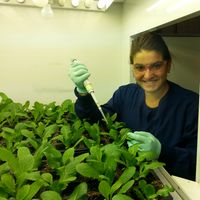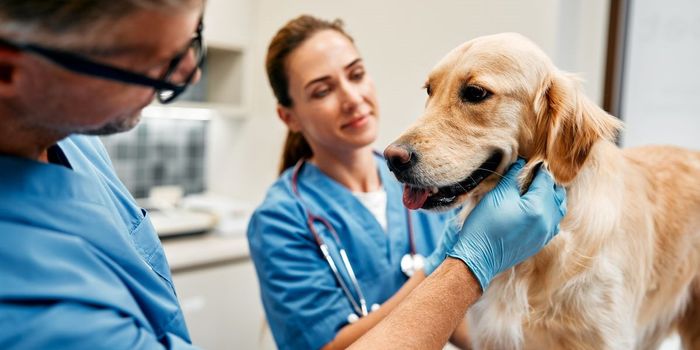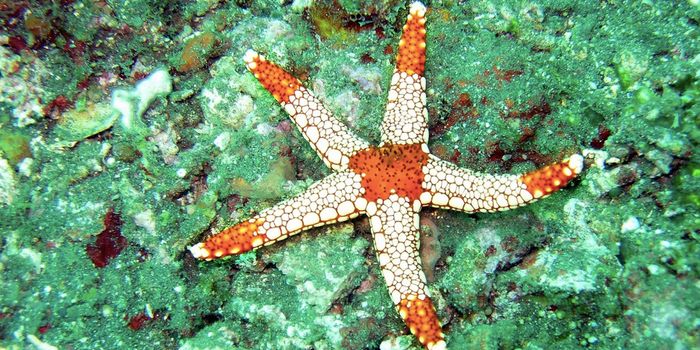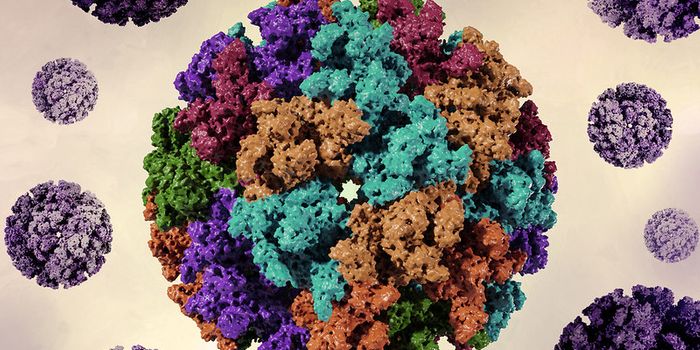Use of Probiotics in Aquaculture Reduces Antibiotic-Associated Mortality
Over the last several decades the growth of the aquaculture industry has accelerated. Aquaculture can be defined as the farming of aquatic organisms by intervening in the rearing process which results in the enhancement of production. Aquaculture has helped to increase the production of food as well as increase the availability of aquaculture byproducts in the pharmaceutical industry.
Researchers from Brown University and the University of Rhode Island suggest a probiotic solution for deaths associated with prophylactic use of antibiotics in fisheries. Credit: Aquaculture Coalition
Outbreaks in aquaculture associated with viral, bacterial and fungal infections have resulted in devastating economic losses worldwide. Control of aquatic diseases has relied mainly on the use of chemical additives and antibiotics. Unfortunately, the increased use of antibiotics has had significant public health impacts by promoting the persistence of antibiotic-resistant bacteria in the environment.
A recent study published in mSystems, discusses the effects of antibiotic use on the aquaculture microbiome. Use of antibiotics in mammals, particularly humans and mice, has been found to disrupt the host microbiome by decreasing microbial diversity. Decreasing microbial diversity reduces the number of “good” bacteria in the microbiome which can help fight off the “bad” bacteria, also known as “colonization resistance”. Therefore; repeated antibiotic treatment can lead to recurrent drug-resistant infections.
Interestingly, previous studies have shown that transferring healthy microflora from the intestine of a healthy individual to the intestine of an unhealthy individual can help to restore the diversity of the host microbiome and prevent infection in the unhealthy individual. Until now, there has been very little research on colonization resistance in aquaculture. Scientists have hypothesized that the use of probiotics could help reduce the number of antibiotic-associated infections in aquaculture as well.
In this study, researchers determined the effects of antibiotics on the mortality of black mollie fish, which were selected due to their ability to live in a wide range of environmental conditions and ability to eat a variety of different diets. Fish were acclimated to sterilized seawater and placed into 4 treatment environments: (1) probiotics only; (2) no treatment (control), (3) antibiotics plus probiotics and (4) antibiotics only. Antibiotics were administered daily from days 1-13 and probiotics were administered daily from days 8-13. All 4 treatment groups were challenged on day 13 with a known aquaculture pathogen, Vibrio anguillarum, to determine the effects of the various treatments on mortality rates. After 48 days, microbial communities within each fish tank were collected and assessed using whole genome sequencing.
The authors of the study found that antibiotic treatment significantly increased black mollie mortality. They were also able to identify two specific probiotic bacterial species able to colonize black mollie and able to reverse the effects of the antibiotics. These two probiotic species, Phaeobacter inhibens S4Sm and Bacillus pumilus RI06-95Sm, were resistant to antibiotics and could help fight off the challenge bacteria through colonization resistance.
Authors of this study suggest that use of probiotics can help to restore aquaculture microbiome diversity, particularly following treatment with cycles of antibiotics. Use of probiotics may also help boost the number of “good” bacteria in the microbiome which can help fight off infection.
Sources: mSystems, ISRN Microbiology









